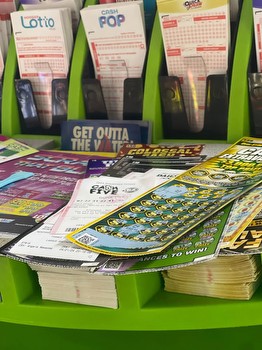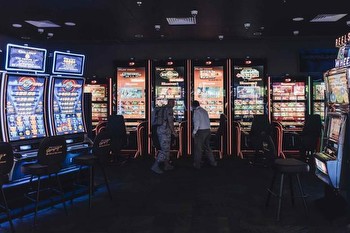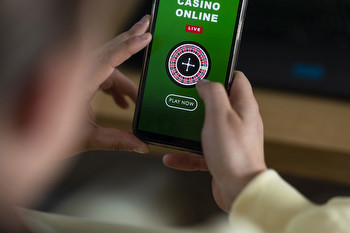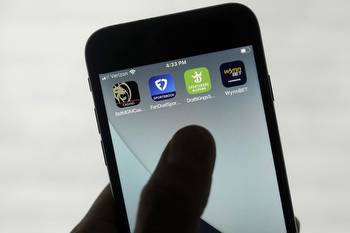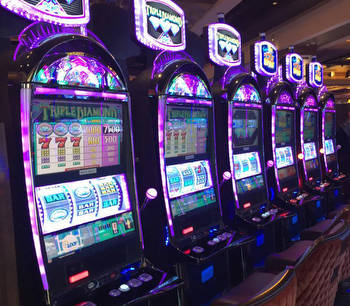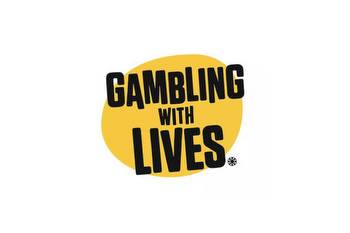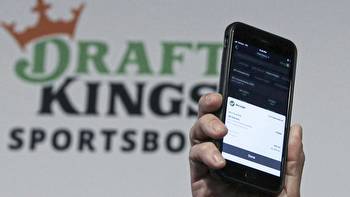Massachusetts makes a losing bet on gambling
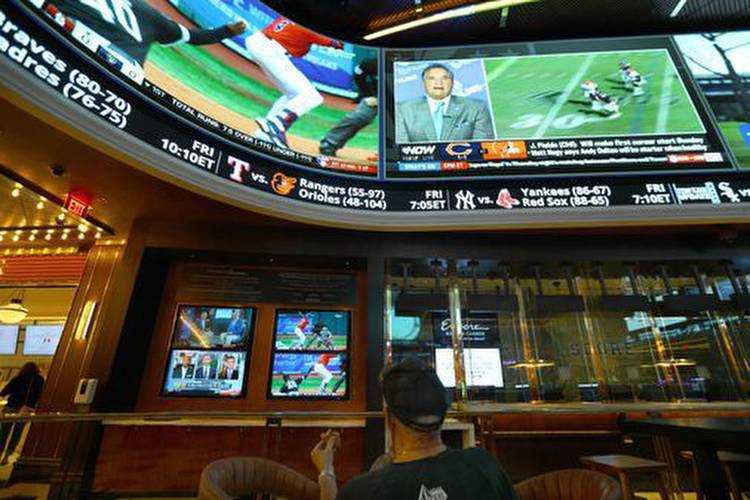
For the gambling industry, it was a jackpot. When the US Supreme Court ruled in 2018 that federal law prohibiting sports betting was unconstitutional, states across the country embraced the gambling industry. Lawmakers in Massachusetts and in 35 other states treat gambling revenue with the gleeful anticipation of a child waiting for Santa to deliver a new toy. Sports gambling, however, is not a toy. It is a product designed by the gambling industry to engage and, all-too frequently, addict its customers. These products are potentially harmful and sometimes deadly.
On Wednesday, Governor Charlie Baker signed into law a Massachusetts sports wagering bill that raises the stakes even higher: Phones, TVs, tablets, and computers will now provide instant and nonstop gambling on sports, along with a relentless barrage of gambling promotions and advertising. Fortunately, the Massachusetts Gaming Commission has signaled a desire to slow down this runaway train. The commission should protect people by prioritizing public health goals in its regulation of sports betting and the gambling industry.
Get Weekend Reads from Ideas
A weekly newsletter from the Boston Globe Ideas section, forged at the intersection of 'what if' and 'why not.'
The commission should begin by rejecting the gambling industry’s narrative of “responsible gaming.” Part public relations and part self-regulation, it focuses on treating problem gamblers by referring those who reach out for help to a hotline when prevention is far more efficient, humane, and, indeed, responsible. The industry’s version of “responsible gaming” is designed to pull people from the river once they are drowning rather than requiring guardrails to make sports gambling products less dangerous.
For decades, Big Tobacco championed self-regulation of its addictive and toxic products with disastrous results. The Tobacco Institute, for example, published a voluntary “Cigarette Advertising and Promotion Code” in 1964. Likewise, in 2020, the American Gaming Association published its “Responsible Marketing Code for Sports Wagering.” Self-regulation for marketing an addictive product makes no sense, except for the industry.
Public health-focused regulations are needed because the industry’s business model is to deliver constant action to extract ever more money from the public. The sports gambling industry now includes the states, gambling platforms (like DraftKings), casinos, real-time statistics providers, the sports leagues, team owners, players, and broadcast networks. They all want a slice of the money pie in a system designed to increase gambling opportunities so consumers lose more. This requires constant recruiting of new gamblers through a breathtaking marketing campaign that saturates TV, radio, and the Internet with gambling advertising. Gambling marketing becomes deeply integrated into sports programing and the games become mere delivery vehicles for an astonishing array of gambling products.
In 2013, medical science classified gambling as an addictive product just like heroin, opioids, tobacco, cocaine, and alcohol. Half of those diagnosed with gambling disorder consider suicide and 1 in 5 will attempt suicide. People who struggle with gambling disorder typically lose relationships with family and friends as well as employment and educational opportunities. They also have poor general health and utilize medical services at high rates.
For all other addictive products, government seeks to protect public health by regulating and restricting access to the addictive product or substance. But with gambling, state government is a full business partner and permits the gambling industry to deliver nonstop action. Protecting public health should never pose a conflict of interest for state governments.
Baseball commissioner Rob Manfred has proclaimed that states are permitting baseball to deliver nonstop gambling. He recently said that “in-game betting, so-called prop betting, is going to be the growth area. And most of that betting is going to take place on mobile devices.” Baseball even delays TV broadcasts to permit DraftKings and other gambling partners to keep fans engaged with betting on every pitch the same way a slot machine engages people to keep pressing a button until, eventually, the money is gone.
NFL Commissioner Roger Goodell knows that gambling will hurt the fans, but the NFL chose money over public health. As Goodell once noted, “The negative social impact of additional gambling cannot be minimized in a community.” Now, with the promise of billions of dollars in added revenue, the NFL has joined the gambling industry and permits betting on every snap of the ball.
Sports betting initially sounds like placing a bet on who will win the game between the Red Sox and Yankees. Do you like the Patriots or Dolphins on Sunday? That barely scratches the surface. In baseball, fans are enticed to bet on each pitch. How much on whether the next pitch is a ball or strike? Will it be over or under 94 MPH? In football, will the next play be a run or pass? Over or under 4.5 yards? In-game betting is nonstop and extraordinarily dangerous. When a bet is lost, hundreds of opportunities await to chase losses in every game. And chasing losses is one of the hallmarks of gambling disorder recognized by the American Psychiatric Association.
Finally, like tobacco companies or drug dealers giving free samples to new customers, the gambling industry offer new customers “risk free” bets and false “bonus” promotions. The public is lured to make a large first bet with a promise the money will be returned should the bet lose. No money is ever returned. The gambling companies issue credits to keep the “engaged fan” chasing losses and risking further harm.
It does not have to be this way. Clearly there are many fans who would enjoy placing bets on their teams. They should be permitted to do so. But there is no good reason to provide hundreds of in-game betting opportunities and relentless advertising other than to recruit and exploit people who are at risk of a gambling problem. Rigorous enforcement of age restrictions, barring in-game betting, regulating advertising, and creating basic affordability checks can eliminate most of the problems that all too often turn fun into tragedy and despair.
Richard A. Daynard is aprofessor at Northeastern University School of Law. Mark A. Gottlieb is executive director of Northeastern University School of Law’s Public Health Advocacy Institute. Harry Levant is a doctoral student in law and policy at Northeastern University.








